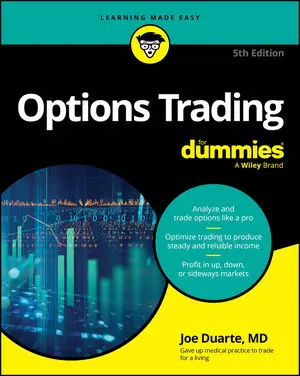-
When a high-priced stock declines in a price-weighted index, it leads to bigger moves down in an index when compared to declines in a lower-priced stock. The Dow is an example of a price-weighted index that is affected more by Boeing (trading near $100) than Pfizer (trading near $25).
-
A market-cap weighted index, such as the S&P 500, is impacted more by higher market capitalization stocks regardless of price. Even though Microsoft may only be trading at $30 per share, its market cap is huge — about $290 billion. When it moves up or down it creates a greater change in the S&P 500 than, say, Amgen, which trades at $55 per share, but only has a market cap of approximately $64 billion.
-
All of the stocks in an equal-dollar weighted index should have the same impact on the index value. In order to keep the index balanced, a quarterly adjustment of the stocks is required. This prevents a stock that has seen large gains over the last three months from having too much weight on the index.
A financial index is a measuring tool of prices for groups of stocks, bonds, or commodities. A change in one stock translates into index changes. Some examples are:






